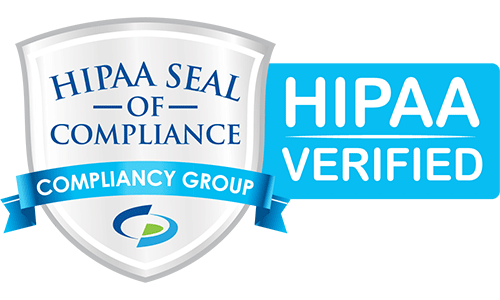The Importance of Responding to Reviews: Why It Matters and What the Data Shows
Did you know that responding to reviews can greatly enhance your business? A survey reveals that nearly 75% of patients check online reviews first when searching for a new doctor. As patients become more discerning in their healthcare choices, these reviews offer valuable insights into what they can expect and how others have experienced care. Whether you receive a glowing review or constructive feedback, each response is a chance to engage and build a connection!
Why Responding to Reviews Matters
- Builds Trust and Credibility: Responding to reviews shows that you value patient feedback and are committed to providing excellent care. When potential patients see that a practice actively engages with its patients, it builds trust and enhances credibility. A responsive practice is often viewed as more reliable and patient-centered.
- Shows Appreciation: Acknowledging positive reviews is a great way to express gratitude to your patients. Thanking them for their feedback not only makes them feel valued but also encourages them to continue choosing your practice. This simple gesture can lead to increased loyalty and repeat visits.
- Enhances Patient Engagement: Engaging with your patients through reviews fosters a sense of community around your practice. When patients see that their opinions matter, they are more likely to share their experiences with others. This interaction not only boosts patient satisfaction but also encourages new patients to connect with your practice.
- Improves Online Presence: Responding to reviews can positively influence your online visibility. Search engines like Google consider engagement with reviews when ranking businesses, so taking the time to respond can improve your practice’s position in search results.
- Increased Conversions: Negative reviews can be tough to handle, but how you respond can significantly impact your reputation. Businesses that address complaints on review sites experience a 16% increase in customer support, while those that ignore them see a 37% decline. By acknowledging the concerns raised in negative feedback, you show that you take responsibility and are committed to resolving issues. If managed effectively, this approach can transform a dissatisfied patient into a loyal supporter of your practice.
The Data Behind Review Responses
Understanding the data related to review responses can help you see their impact on your practice. Here are some important statistics:
- Patient Expectations: According to the 2024 survey by BrightLocal, 89% of patients read healthcare providers’ responses to reviews. This highlights the importance of not only receiving reviews but also responding to them.
- Practice Reputation: A study by Harvard Business School found that practices that respond to reviews see an increase in ratings by about 0.12 stars on average. While this may seem small, it can significantly influence potential patients’ decisions.
- Increased Engagement: Research from ReviewTrackers indicates that 53% of patients expect healthcare providers to respond to their reviews within seven days. Meeting this expectation can improve patient satisfaction and loyalty.
- Impact on Patient Visits: The same study found that 70% of patients will choose a practice if they see it has responded to reviews. This demonstrates how effective responses can increase patient traffic and potentially boost appointments.
Simply acquiring reviews is not enough. Healthcare providers must pay attention to patient reviews by responding to them promptly and professionally. Taking proactive steps, like resolving issues quickly and keeping communication open, helps build a good online reputation, which in turn attracts and keeps patients.


















